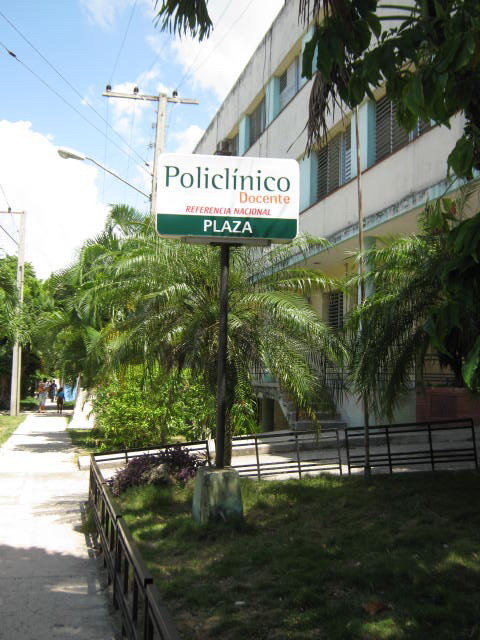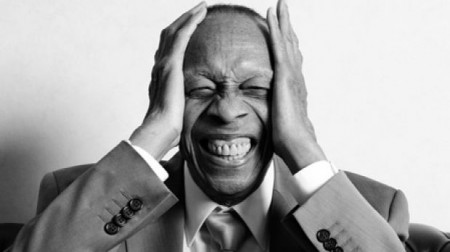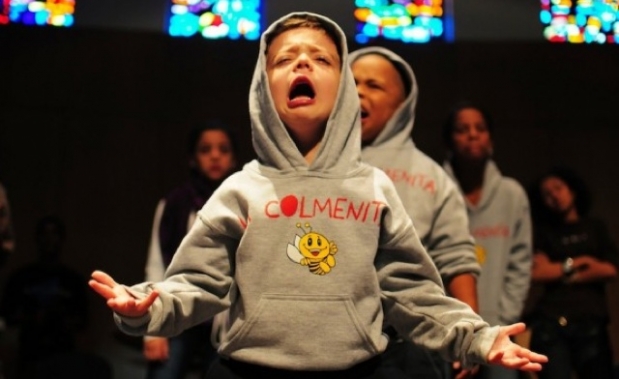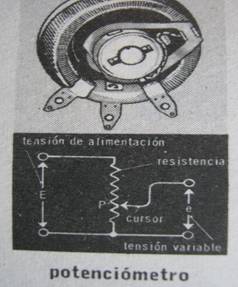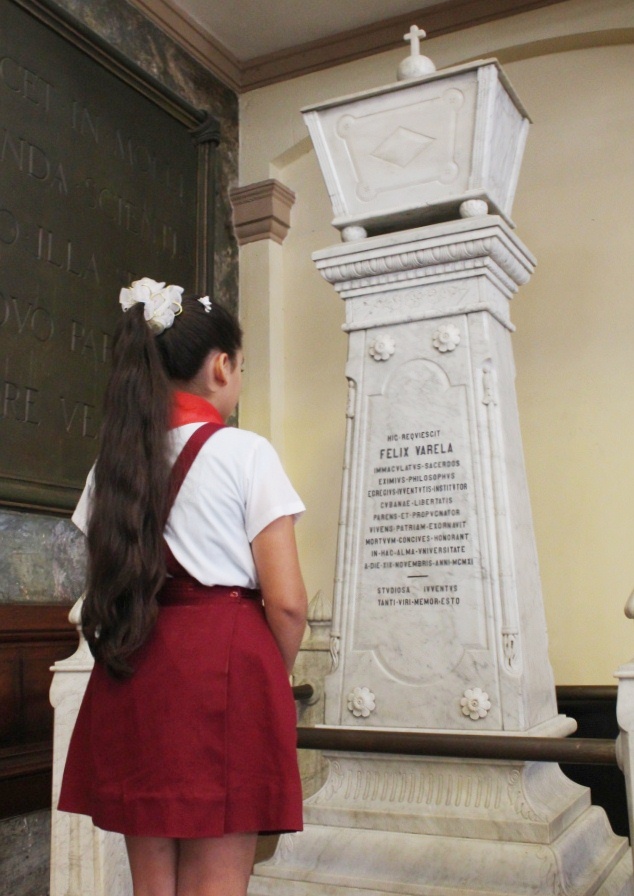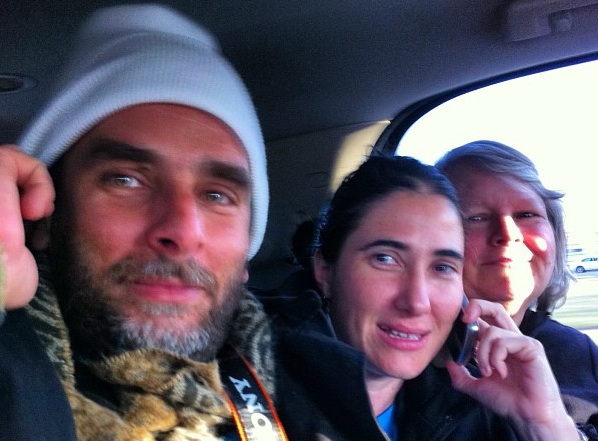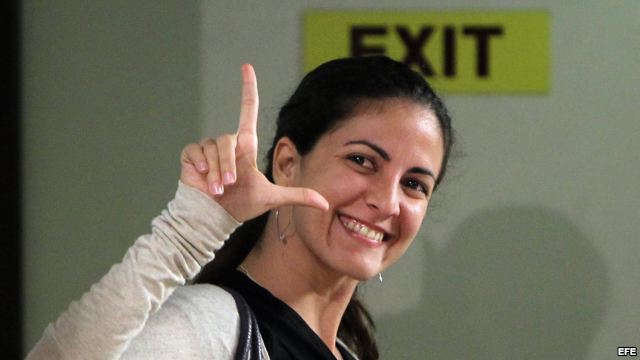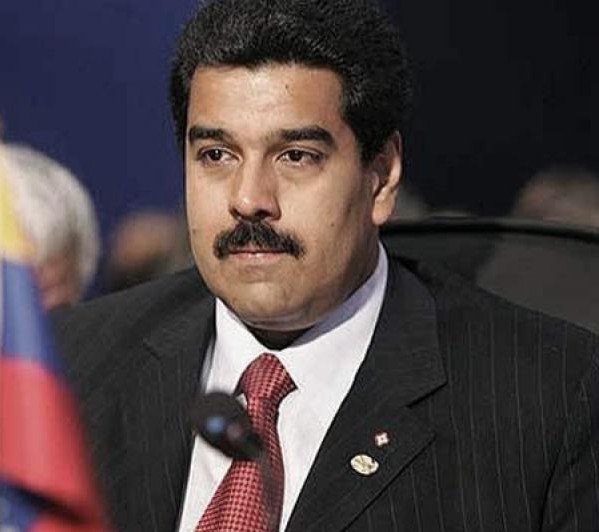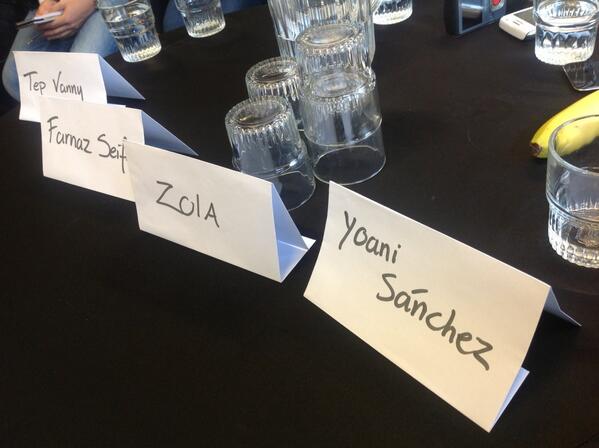Some friends have asked me not to continue responding to the letters and posts of those who have sought a few minutes of fame at my expense, which, for the most part, are blogs that join the fray publicly for the first time despite the efforts put into them; others, are read only by the official Nomenklatura and written by people who have never been important except to their families, I suppose, and who for the first time, and also possibly for the last, received some ephemeral public attention in the virtual world, which encouraged — with luck! — their irrelevant and dull lives.
I’m sure the suggestion of these friends is reasonable, in fact, every time that I draft the answers I understand them, but I am an extrovert and I need to be very timely especially with those who manipulate their letters to confuse and, thanks to the high level of ambiguity consciously used, to distort the reality of the facts confusing their readers.
This occurred, for example, with the witness heard or referenced used by the prosecution against me. That witness mentions another woman, my friend, whose name he made public without consulting her or asking permission, and if that is not enough he put words she never said into her mouth. Both my friend and her husband, who was with her at the times referred to by the prosecution’s witness, have expressed feeling very offended by his lack of ethics and a high level of deceit.
The conversation I had with this friend of mine went through my cell phone and if I had said a single word that betrayed my guilt, that word now would be evidence that the prosecution filed against me as the investigator reviewed all my calls and my emails.
I can only repeat endlessly until my last breath — and this is what I have been saying in every answer I provide — I demand hard evidence to sustain the conviction that has been imposed on me; evidence other than the word of a manipulated person, a friend of the accuser, who repeats what she was told; proofs that are not those “contributed” by a Lieutenant Colonel calligrapher who swore, violating all the legal and scientific conventions on the legal value of a handwriting expert, that my “slanted handwriting” is proof of my guilt.
These proofs were exposed by a video made of a testimony of a false witness whom the prosecutor wanted to sneak in, and who was immediately discarded when we recorded him explaining how he had been bribed and forced to testify against me. This video was enough to prove my innocence. He disproved, for its falsity, all the lies the Court fabricated to hide my innocence. But — I repeat — it’s impossible to hide it. It’s impossible to deceive people even if they have a minimum of understanding.
The Government, Prosecutor, Courts, Police and every person who signed a letter condemning me for the alleged violence I’m accused of and for which they sentenced me, not one has presented a single proof against me.
Enough already with the talk and insinuations; it’s not sufficient to imprison anyone.
They say and accept that I got in their way; that in political life, to my regret, I earned recognition and respect; that my blog began to have ten thousand visits a day, and they saw me become too close to those on the island defending the truth, like the project For Another Cuba and the signatures for the U.N. covenants; projects that, I know, worry and frighten them.
They recognize that my presence in front of the police station demanding the release of Antonio Rodiles was found unacceptable for an intellectual, that the of the beating they gave me traveled the world; that thousands of people all over the world were terrified by the image of my blood-soaked shirt; that I maintained a hunger and thirst strike for those days; and above all, they confessed their helplessness because of the obvious evidence of their abuse of me and the international pressures.
They admit that I bothered them by not compromising when the State Security official Anibal told me to stop my political actions. That they took as a taunt my returning to the same place where they beat me the next day, accompanied by Rodiles’s wife Ailer Gonzalez, and his father, all three of us wearing T-shirts with the image of Rodiles demanding his release. That every day, during those 19 days of injustice, we sat in front of the police station until they released him, which they did only after the swelling had gone down and his black eye had disappeared.
And officers Camilo and Hannibal had warned me. And to stop me there was nothing they could so other than show me more sophisticated objects, more sophisticated instruments: the “Revolutionary Courts” that they both boast about.
The culpability of State Security is as obvious as that of those who have supported the typical and predictable campaigns against me looking to raise a smokescreen to hide their misdeeds. History will be responsible for each of us and will put us in the exact place that we have earned. That’s for sure.
However, despite the media campaign, I fought with the tools that my circumstances allowed me. I have exhibited my strong evidence, I’ve put it in front of their eyes, including the much talked about video of the false witness who retracted, yet the Police and Prosecutors prepared to convict me for the rest of my days.
Whoever bites once, does it forever. So they brought military and State specialists, that is people forced to respond without the slightest intention of questioning orders, to flesh out versions that always favored the Prosecution. So they blatantly lied in court without the slightest pretense, dismissed my solid witnesses, some of them with no affection for me, but who took the risk to do their duty consistent with their consciences.
This was the case with my son’s teacher, the school principal and — a detail that has not been mentioned — a member of the Communist Party, whom the Delegate to the People’s Power went to see to pressure her, because “how can you defend a counterrevolutionary?” In a gesture of dignity I respect, she responded that she was defending a student, the boy, that he was the most injured because he — my son — had confessed to her that his mom had asked him to tell lies to denigrate my public image.
Another witness, thanks to the level of friendship he had with the accuser, testified that my ex had told him on several occasions that she “was preparing a number eight legal case against the father of her child.” By then my ex and I had been separated more than two years.
There was another witness with him I only exchanged a polite and cordial greeting, because I was visiting a family that lived in the back of his house, and I was obliged to park my car in front. At exactly the day and time when my ex said she ran into me in her house, I was passing through the home of this witness whom I heard strongly rebuking her son and, unable to contain myself, I asked her not to be so violent in the reprimand, he was just a boy.
She explained he had broken the windshield of a car and the owner was demanding 900 pesos. Then I said, according to what she herself remembered at the trail, that a windshield could be replaced a hundred times, but a child, no. She, according to what she told the court, didn’t forget the day because thanks to me she wasn’t unjust with her son: later she learned he hadn’t been the child responsible for breaking the windshield.
There were two other witnesses: a Lodge brother, who need to re-pass his exam for Master Mason which was coming up in a few days, and his mother, who prepared us lunch that day.
So in summary, the Court decided to ignore them in favor of the Prosecution’s witnesses, and did it with blatant lies and contradictions that can be seen in the judgment. Before the ease and agility with which the Court accepted everything against me, I was left in a legally hopeless state.
Instead they accepted a hearsay witness, who repeated what his friend told him, a witness who wasn’t present at the alleged events which I was accused of and yet they validated his “testimony.” (Editor’s note: According to the dictionary: Witness: 1. Person who testifies to something or attests. 2. Person present or who acquires direct and verifiable knowledge of something.)
As of today, no one has responded to my questions:
Why did the trial take place in the First Division of State Security, or specifically on the special site for “relevant” cases in Carmen and Juan Delgado, as they communicated to my attorney.
Why was my sentence announced by the Official Camilo, from State Security, a month before the Court issued it?
No doubt many do not want to see how obviously my case was rigged, and I understand their interests. And although I do not share them, I respect their complete right to be unjust.
A State of Laws?
Some friends have also told me to use the law to accuse those who have lied, but that would be another naivete. Friends, brothers, international public opinion: we do not live in a State of Laws, this is the Biran Ranch — the Castros’ ancestral home — where the foreman obeys the orders of the owner. We live in a feudal state with no rights where the only thing that protects us is to do whatever the King says, without question, because if you question, they will send you to where I am today: behind bars.

Ángel Santiesteban-Prats
La Lima Prison, March 2013
27 March 2013
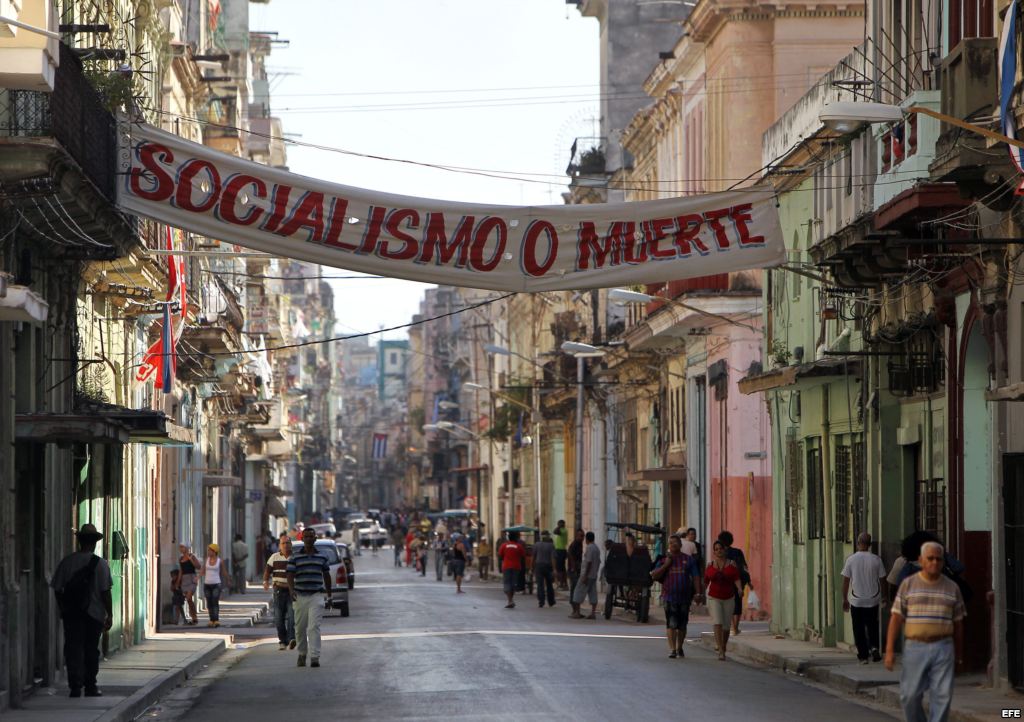 Juventud Rebelde didn’t lie when it said in its Sunday edition, “Raul returned to the fatherland with the emotion reflected in his face after intense days in Caracas.” I believe it wouldn’t be wrong to say that their words set a road map and marked guidelines.
Juventud Rebelde didn’t lie when it said in its Sunday edition, “Raul returned to the fatherland with the emotion reflected in his face after intense days in Caracas.” I believe it wouldn’t be wrong to say that their words set a road map and marked guidelines.
